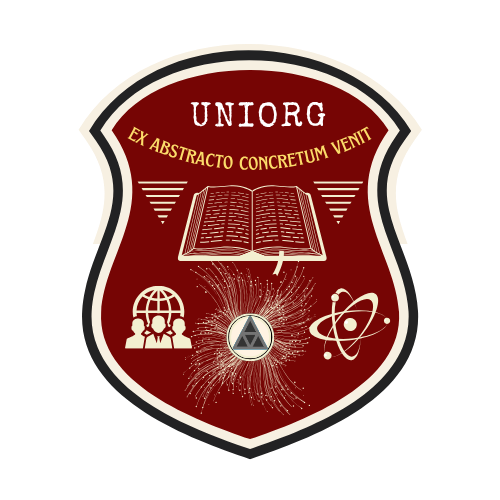About Course
Organisational science from an orgtology perspective is the first Module of the Certified Orgtologist Program (COP). Yet, it can be done independently, in which case the student will get credits for the COP.
Orgtology has a specific underlying theory, which is encapsulated by Hypothesis 2X. The hypothesis explains that an organisation exists through a duality of concrete and abstract elements, such as operations (concrete) and strategy (abstract). We have two fields in orgtology that help us understand this hypothesis. The first is orgamatics, where we study different theories on work, results, organisational intelligence, performance, and relevance. We also study the science of being a Relevant and Performing Organisation (RPO). The second field of study is organamics, where we study different theories on the application of human intelligence, paradigm, organisational identity, and the Relevant and Performing Individual (RPI). Module one is therefore understanding the science of organisation from an orgtology perspective.
Orgtology is fast becoming the way of doing things in many organisations. Its application stretches over industries since it is already applied in the private, public, parastatal, and non-profit sectors. Also, an Orgtologist is becoming a much-needed role within any organisation. It is therefore meaningful and useful to understand the base theories of orgtology. Once the theoretical side is understood, one will be able to apply it to practical areas such as organisational design, process engineering, strategy development and implementation, risk management, resource management, relationship management, transformation, and many other areas of organisation.
The Organisational Science Module will have the following contents…
- Guide 1: Orientation Guide for Module One of the COP.
- Guide 2: What is Orgtology?
- Guide 3: Hypothesis 2x – the foundation of Orgtology.
- Guide 4: Duality – an Orgtology perspective.
- Guide 5: What is orgamatics?
- Guide 6: Theory 2I – understanding orgtelligence (human vs. systems intelligence).
- Guide 7: Theory 2P – understanding work (processes vs. projects).
- Guide 8: Theory 2E – understanding results (efficiency vs. effectiveness).
- Guide 9: Theory O of the Relevant and Performing Organization (RPO).
- Guide 10: What is organamics?
- Guide 11: Theory Ix on intelligence (the six intelligences).
- Guide 12: Theory Px on paradigm (a study of beliefs, values, perceptions, assumptions, and behaviour).
- Guide 13: Theory Ex on identity – “ME” vs. “WE” vs. “US”.
- Guide 14: Theory O of the Relevant and Performing Individual (RPO).
The program is presented through a hybrid method that includes online self-study and live tutor led sessions. There are also examinations and assignments. The course is intensive and most who have undergone it have rated it at the level of an honours degree or post graduate diploma.
Course Content
GUIDE 1 – Orientation Guide for Module One of the COP
-
Introduction to Module One of the COP – Organisational Science
-
Learner Code of Conduct for the COP Modules
04:48 -
The IOI governs the field of Orgtology
-
Introducing UniOrg
-
Becoming an Orgtologist and Making an Impact
34:23 -
Study Martial for Module One of the COP
-
Navigating the COP Structure and its Assessment



